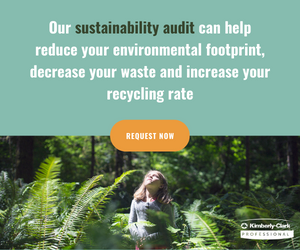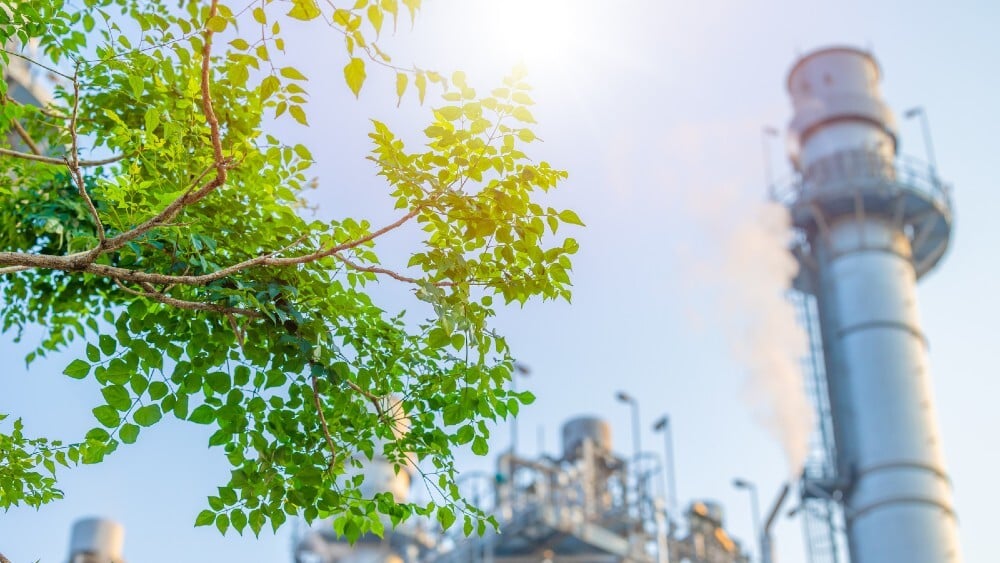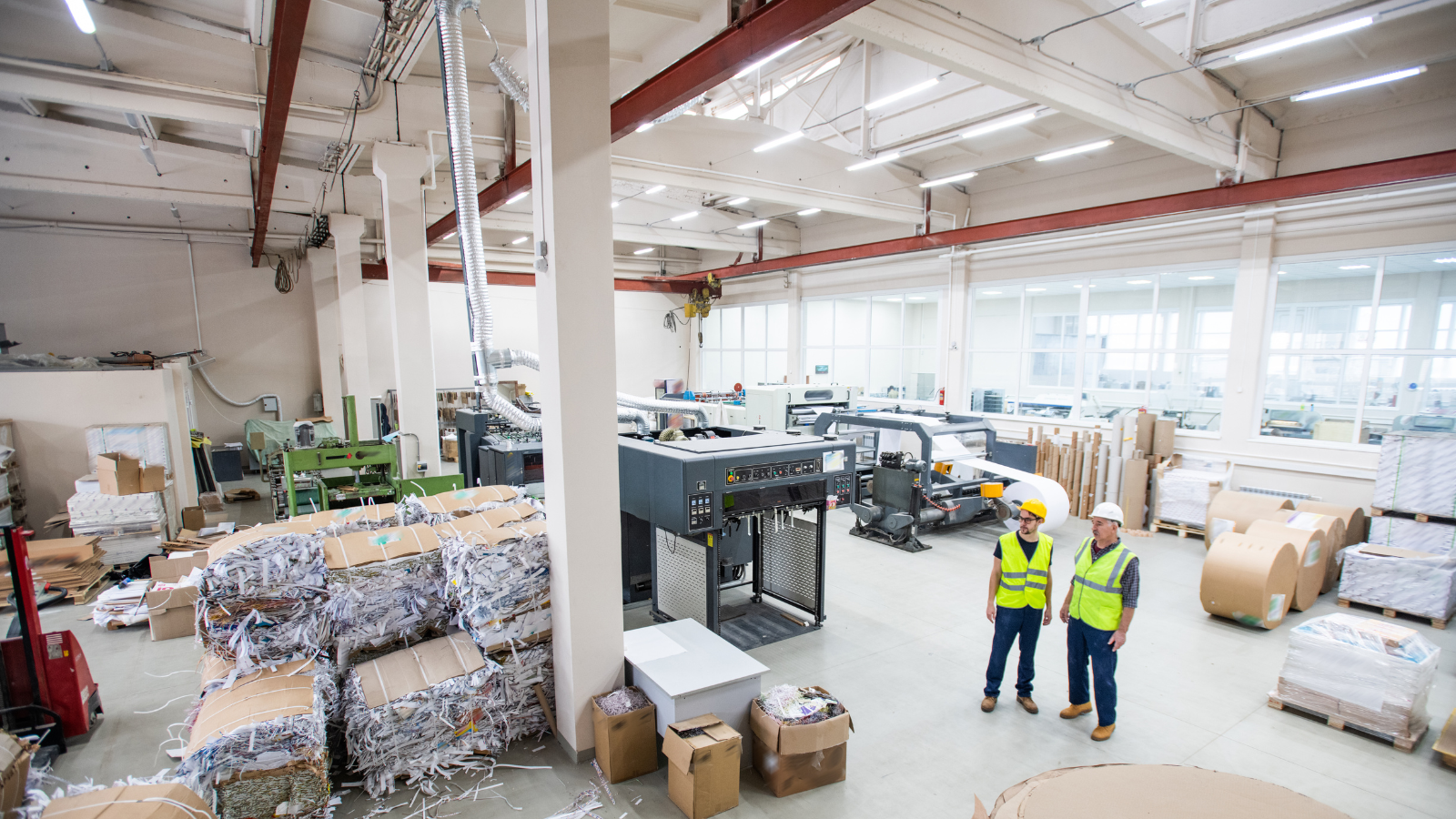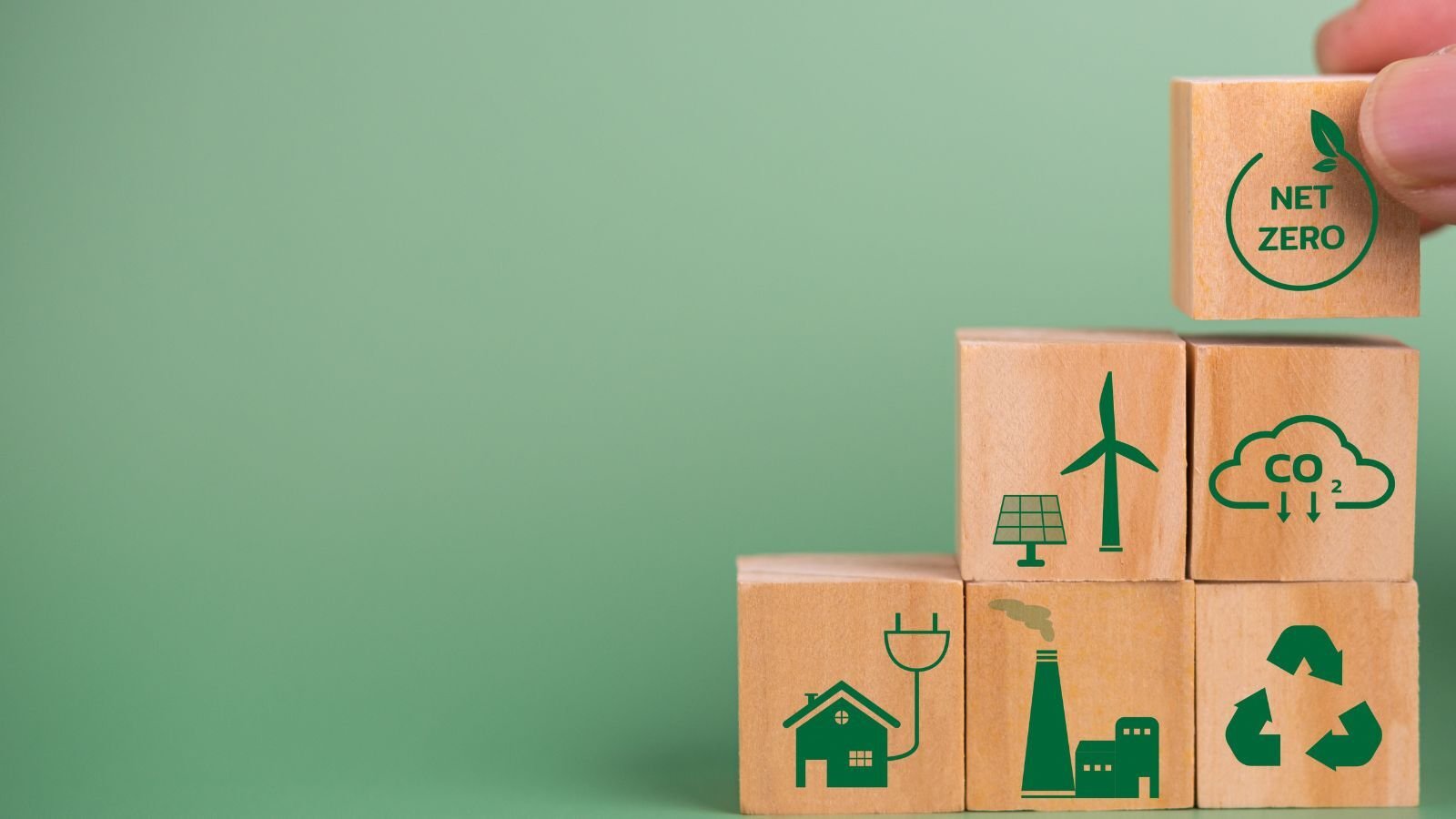Last Updated DECEMBER 2022
Transitioning to renewable energy: a real opportunity for businesses
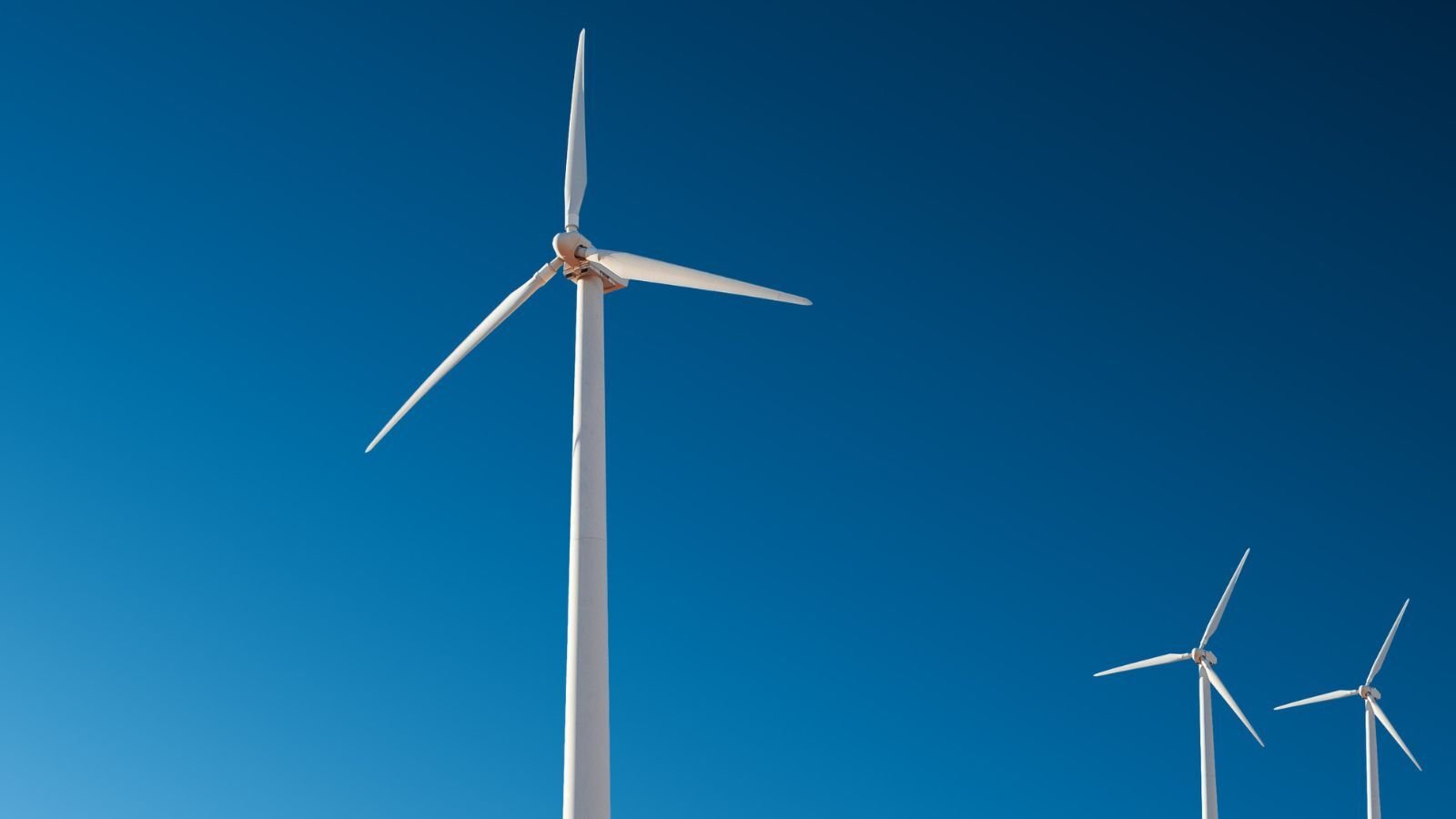
Embracing renewable energy is crucial for a business’s future
The renewable energy revolution is well underway. In 2020, renewable energy sources made up 37% of gross electricity consumption in the EU, up from 34% in 20191. Renewable energy’s share of total consumption is set to increase over the coming years. The headline for businesses is that they need to transition to renewable energy to be in line with governments targets and legislation. The EU and the UK government have enshrined in law the achievement of net-zero emissions by 20502. But businesses can’t rest on their laurels until then because there are shorter-term targets that they are also obliged to meet. In the EU, they have committed to cutting their emissions by “at least” 55% from 1990 levels by 20303 ; in the UK, it’s a cut of 78% by 2035 compared to 1990 levels4.
Businesses are not yet legally bound to these commitments, but it pays to be prepared as government legislation may get tighter in the coming years. Despite the lack of current legal obligation, the ethical and financial costs of not meeting net-zero targets are profound. If climate change is not tackled, the consequences for the planet are stark, with the collapse of the natural systems that support us all. If businesses do not transition to renewable energy, they may suffer financially, as taxation on carbon emissions will likely to increase. The EU already operates a “cap and trade” tax on emissions, and Denmark has recently introduced a corporate carbon tax said to be the highest in Europe5.
So what help is there for businesses transitioning to renewable energy?
In Europe and the UK, grants and subsidies are available to accelerate renewable energy use in businesses. The UK government has made £5bn of grants available for businesses6. The EU’s Green Deal is set to invest €1 trillion to achieve net zero by 2050. The deal makes available several renewable energy funding opportunities, such as those from The European Investment Bank (EIB), which provide loans and financial instruments to fund renewable energy projects7.
Working with suppliers that share green energy values
Businesses can support their energy transition by ensuring that the energy they purchase comes from providers who supply renewable energy and are committed to meeting a net-zero target. A company’s emissions that come from energy suppliers are known as “Scope 2 emissions”. As the price of renewable energy begins to become more cost effective, businesses should, where possible, consider switching to a green energy supplier. This transition can also provide energy security at a time when geopolitical turmoil has pushed up the price and availability of oil.
At Kimberly-Clark Professional™ we’ve realised this need for energy security. As part of our global decarbonisation strategy, we announced a partnership agreement with Carlton Power to developing a hydrogen power plant in the north of England to reduce our reliance on natural gas and have signed a Power Purchase Agreement (PPA) that will lead to the construction of a new wind farm owned by Octopus Renewables Infrastructure Trust that will make almost 80% of our electrical power consumption in the UK renewable - due for operation in early 2023.
Renewable energy use across supply chains
For most businesses, Scope 3 emissions account for more than 70% of their carbon footprint. These are indirect emissions that exist along a company’s supply chain, such as those of another company or supplier a business deals with. A manufactures sustainability credentials can be checked via their sustainability reports or if they have third-party accreditations such as the FSC (Forest Stewardship Council) or the EU’s REACH standard, an EU regulation designed to protect human health and the environment. A business partner willing to be transparent about the sustainability of their supply chain is more likely to have nothing to hide8. This transparency is crucial for Kimberly-Clark Professional™, which is why we are part of the Carbon Disclosure Project, meaning our partners have complete visibility of our emissions and our drive to reduce them.
How can businesses evaluate their progress?
Conducting science-based evaluations and setting accurate targets can allow a business to assess its progression towards net zero. Increasingly, companies are committing to the Science-based Targeting Initiative (SBTI) standards. These show companies how much and how quickly they need to reduce their emissions to prevent the worst impacts of climate change. They help to set a clear path towards decarbonisation. In 2021, at Kimberly-Clark we made substantial progress in pursuing our SBTi-approved carbon reduction goal, cutting our Scope 1 and 2 emissions to achieve a 40.7% reduction against our 2015 baseline. The path to a renewable energy future is in sight, but only through collaboration and transparency between organisations will we get there.
1 https://ec.europa.eu/eurostat/web/products-eurostat-news/-/ddn-20220126-1#:~:text=In%202020%2C%20renewable%20energy%20sources,and%2033%25%2C%20respectively
2 https://www.economist.com/the-economist-explains/2021/06/01/what-is-the-european-green-deal
3 https://www.economist.com/the-economist-explains/2021/06/01/what-is-the-european-green-deal
4 https://iclg.com/practice-areas/renewable-energy-laws-and-regulations/united-kingdom#:~:text=Ongoing%20policy%20and%20regulation%20of,(SI%202021%2F750)%3B%20and#:~:text=Ongoing%20policy%20and%20regulation%20of,(SI%202021%2F750)%3B%20and
5 https://www.reuters.com/markets/commodities/denmark-agrees-corporate-carbon-tax-government-2022-06-24/
6 https://www.gov.uk/guidance/find-funding-to-help-your-business-become-greener
7 https://energy.ec.europa.eu/topics/funding-and-financing/eu-funding-possibilities-energy-sector_en
8 https://thesustainableagency.com/blog/how-to-know-if-a-brand-is-sustainable/#:~:text=Transparency%20%E2%80%94%20truly%20sustainable%20brands%20are,they're%20working%20to%20improve









